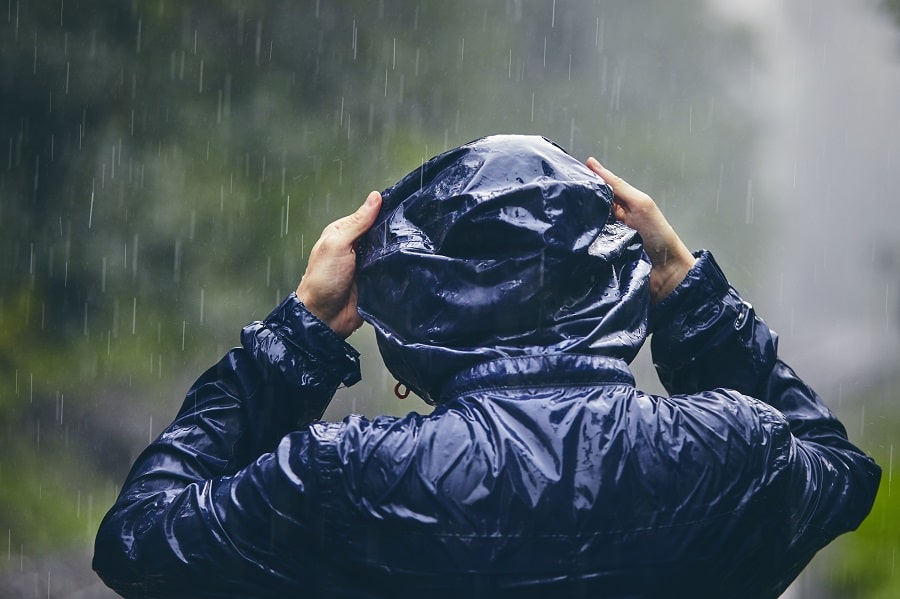Technology
Does Weather Affect Internet Connection?


Wireless internet technology has revolutionized the way we access and use information, but it is not immune to interference, including extreme weather. Understanding the impact of weather on internet connectivity requires knowledge of how transmitters such as satellites, radios, and cell towers send ultrasonic waves to be picked up by the receiving antenna. Real-world conditions can weaken signals on their way to devices due to dust particles, trees, and walls. Weather can also weaken signals by breaking apart and deflecting them between the source and the receiver.
Satellite internet is particularly susceptible to interference during bad weather. Heavy rain, fog, and thunderstorms can cause interference, slow down data reception, or cut off the connection completely. This is because satellites orbit above the sky and any clouds overhead can be potential barriers for their signals. On clear or partly cloudy days, this isn’t much of an issue, but during thunderstorms, the large billowing clouds can easily cause interference. If you’ve had to rely on a satellite for your internet connection, you’ve probably experienced weather interference for yourself. Unfortunately, there’s not much that can be done about satellite signal loss during a storm, apart from waiting it out. Weather interference is an inherent drawback of the technology.
Cellular data is also affected by weather but to a lesser extent. Thick rain or fog can cause a loss of a couple of bars of signal, and in rare cases, lightning could strike the transmitter itself, damaging it and causing it to go offline. However, cellular towers are typically well below the cloud layer, making this less of an issue. When it comes to cell service, more permanent factors such as distance to the transmitter and objects like trees and tall buildings that block the radio waves are likely to blame for poor reception.
Unlike satellite and cellular data, bad weather generally does not affect WiFi signal strength at home. However, it can affect the internet service that your WiFi uses. Storms can damage the infrastructure that provides internet service, such as cables or antennas, leading to slower speeds or dropped connections.
Weather can have a significant impact on internet connectivity. While there is little that can be done to prevent weather interference, understanding the impact of weather on internet connectivity can help us prepare for potential disruptions and plan accordingly.

































